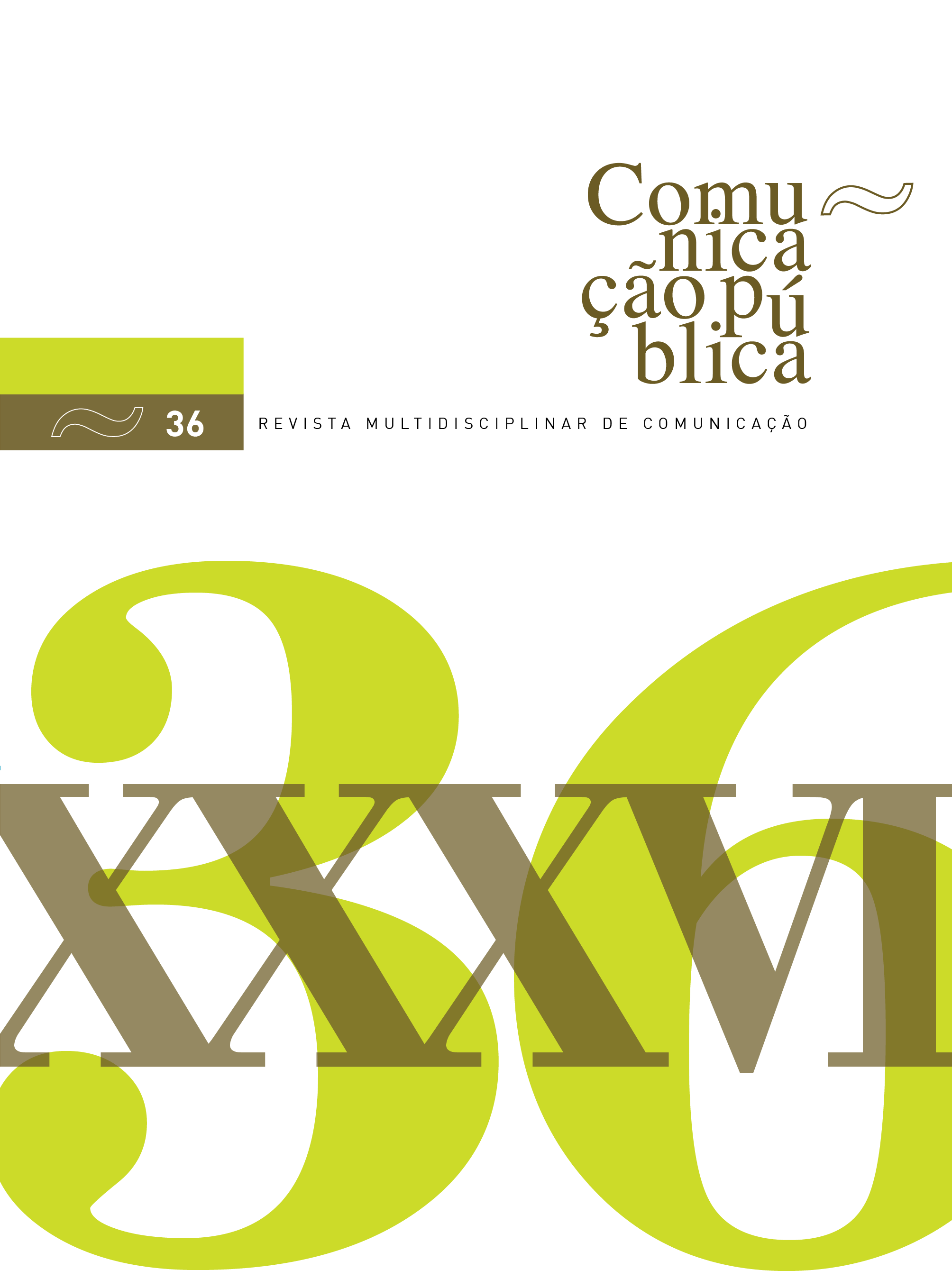70 years of Volkswagen in Brazil
an analysis of deepfake in branded content
DOI:
https://doi.org/10.34629/cpublica798Keywords:
deepfake, creativity, branded content, engagementAbstract
This article analyzes Volkswagen's 70th anniversary campaign in Brazil, launched in July 2023. The campaign became famous for featuring singer Maria Rita acting alongside the digital reproduction of her late mother, Elis Regina, using deepfake techniques. To analyze the campaign, we do an archeology of the objectives for using branded content in advertising campaigns by authors related to the topic. We use Moura's branded content pillars (2021) as our main theoretical-methodological contribution, which proves that the content was, in fact, built with the aim of engaging the audience. We complement the analysis of the campaign's creative process with testimonials from its creators. We conclude that the campaign is a success for engaging the audience on social networks, promoting emotional reactions and debates on the topic of deepfake.
Downloads
References
Belchior. (1976). Como nossos pais [Gravação de áudio]. In Alucinação [Álbum]. Philips.
Colley, R. H. (1961). Defining advertising goals. Association of National Advertisers.
CONAR. (2023). CONAR recomenda arquivamento da representação “VW Brasil 70: o novo veio de novo”. http://www.conar.org.br/processos/detcaso.php?id=6354.
Fanaya, P. F. (2021). Deepfake e a realidade sintetizada. TECCOGS: Revista Digital de Tecnologias Cognitivas, (23), 104–118.
Ferreira de Abreu, F. & Castro Alves, D. (2017). Branded Content: entretenimento e engajamento na era do vídeo sob demanda. Revista GEMInIS, 8(2), 48–67.
Ferreira Filho, R. G. (2023). Reflexões teórico-práticas preliminares sobre o uso do ChatGPT como ferramenta criativa na publicidade. Signos do Consumo, 15(1). https://doi.org/10.11606/issn.1984-5057.v15i1e210976.
Gomes, A. T. (2023). As estratégias e a mensuração de resultados em mídias sociais de um grande banco [Dissertação de mestrado, Programa Stricto Sensu em Comunicação]. Universidade Católica de Brasília.
Hall, S. (2003). Da diáspora: identidades e mediações culturais. Editora da Universidade Federal de Minas Gerais.
Hardy, J. Branded content: the fateful merging of media and marketing. Londres: Routledge, 2021.
Kotler, P., Kartajaya, H. & Setiawan, I. (2021). Marketing 5.0: Technology for humanity. John Wiley & Sons.
Moura, L. (2021). Conteúdo de marca. Os fundamentos e a prática do branded content. Summus Editorial.
Pereira, P. J. et al. (2018). The art of branded entertainment: A Cannes Lions Jury presents. Peter Owen Publishers.
Tasselli, G. (2023, setembro 4). Kombi Gerações (Elis Regina e Maria Rita) [Palestra ministrada em conferência], V DIÁLOGOS MNEMON, Escola Superior de Propaganda e Marketing, São Paulo, Brasil.
Downloads
Published
Issue
Section
License
Copyright (c) 2024 Direitos do Autor (c) 2024

This work is licensed under a Creative Commons Attribution-NonCommercial 4.0 International License.
Os conteúdos da Comunicação Pública estão licenciados com uma licença Creative Commons - Atribuição-NãoComercial 4.0 Internacional.


